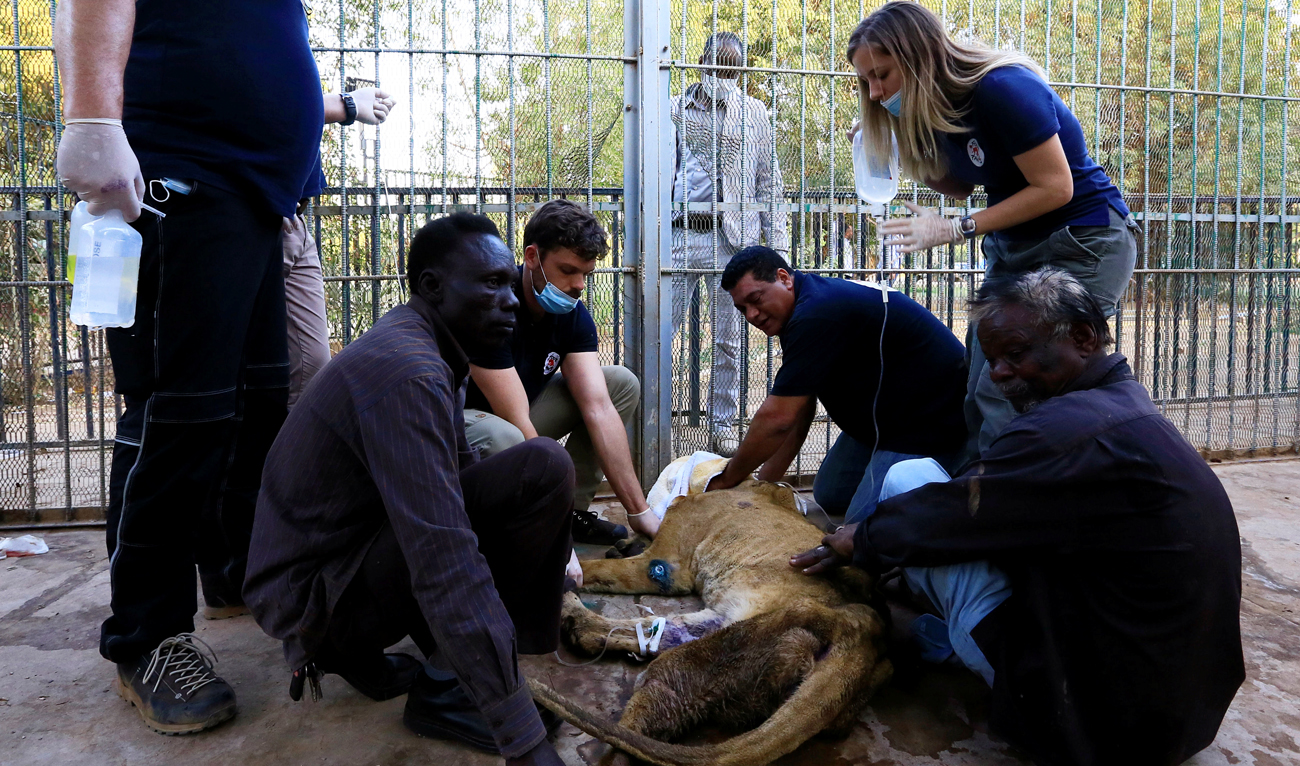Turkey’s democratic credentials under the spotlight
JEDDAH: The fifth hearing of the Gezi Park protests trial resumed on Tuesday, on the same day as the third Universal Periodic Review of Turkey began before the UN Human Rights Council in Geneva.
Analysts called on international organizations to highlight the crackdown on human rights and press freedom in the country.
On Tuesday, 16 critical voices from Turkish civil society, including businessman-philanthropist Osman Kavala, faced life in prison for “attempting to overthrow the government or partially or wholly prevent its functions” as they were accused of playing a role in Gezi Park protests.
In 2013, around 3.6 million people attended the protests in 80 cities across Turkey, according to official statistics.
The trial is seen as part of systematic moves by the Turkish government to restrict civil society and human rights defenders in the country by continuously accusing them of links to terror groups.
Before the trial, Amnesty International’s Turkey campaigner, Milena Buyum, said: “This prosecution is a shameful attempt to silence independent civil society, and part of a wider ongoing crackdown on human rights defenders. Osman Kavala should not have spent a single minute behind bars let alone more than two years in pre-trial detention.”
However, the court refused to release Kavala. The hearing was delayed until Feb. 18. A request for a recusal was also rejected.
The European Court of Human Rights (ECHR) had ruled that Kavala and Selahattin Demirtas — the former leader of pro-Kurdish People’s Democratic Party (HDP) and a staunch opponent of President Recep Tayyip Erdogan — should be immediately released as they had already faced prolonged and arbitrary detention in violation of the European Convention on Human Rights.
The ECHR ruled: “Any continuation of (Osman Kavala’s) pre-trial detention in the present case will entail a prolongation of the violation of Article 5/1 and of Article 18.”
The judicial campaign against the 16 defendants has mostly been justified through anti-terror laws, laws against associations, public order legislation or defamatory accusations on the grounds of “propagandizing for a terror organization” or “insulting the president.”
During the Universal Periodic Review in Geneva, that will continue until Jan 30, an official from the Turkish delegation claimed “everyone has a right to hold demonstrations” in Turkey. However, evidence suggests this is not the case. For instance, according to the Human Rights Foundation of Turkey, since November 2016, all demonstrations have been banned in Turkey’s eastern city of Van.
The 2016 failed coup attempt also provided a pretext for the government to increase its repressive measures against dissidents.
In the post-coup period, many opposition journalists, politicians and activists were detained and prosecuted on vague charges and in defiance of international human rights conventions that the country is obliged to abide by.
FASTFACT
The 2016 failed coup attempt provided a pretext for the government to increase its repressive measures against dissidents.
EuroMed Rights, a human rights network, gave an exclusive interview to Arab News, saying that since the Gezi Park protests, an erosion of basic human rights and fundamental freedoms had been observed in Turkey.
“Today, the judiciary clearly aims to rewrite the events of 2013 as a conspiracy against the government. The hearing against Osman Kavala is an example among others,” an official from EuroMed Rights said.
According to EuroMed Rights, civil society in Turkey today is under constant pressure, and the space available for civic engagement is shrinking, as associations are now compelled to report information about their members — ID numbers, names, occupations — to the Ministry of Interior.
“The two-year-long state of emergency and law no. 7145 (July 2018) intended, among others, to ban protests, public assemblies and restrict movement are in total contradiction with articles 19, 23 and 34 of the Turkish constitution. Such decisions seek to isolate organizations and human rights defenders by criminalizing engagement with independent associations,” the official said.
He added: “A strong and independent civil society is the sign of a healthy democracy where citizens can engage with society through independent organizations. A government that weakens civil society willingly decides to remove a diversity of voices from the democratic debate.”
The official from EuroMed Rights also said that, by denying citizens the right to associate, the authorities threatened civil society, which cannot hold the government accountable for decisions and cannot act as an intermediary between the citizens and their representatives.
Experts called on the EU, the Council of Europe and the UN to put pressure on the Turkish government to bring the country back towards international standards.
“This is the only way to ensure the people in Turkey do not see their rights abused,” the EuroMed Rights official added.

Outspoken Iranian rapper Amir Tataloo arrested in TurkeyHackers acting in Turkey’s interests believed to be behind recent cyberattacks




